The poor, the gloom, and the failing of a society
“What a weary time those years were — to have the desire and the need to live but not the ability.”
Charles Bukowski
According to a 2019 World Bank report, 736 million people worldwide live in extreme poverty (live on less than $ 1.90 a day). A staggering number of 368 million extremely poor is from five countries only – India, Nigeria, the Democratic Republic of Congo, Ethiopia, and Bangladesh. India is home to the largest number of poor in the world.
In the last five decades, organizations like the World Bank, various aid agencies, national governments, civil society organizations all put a good fight against poverty but failed to bring in any significant changes in the lives of the extreme poor.
Poverty As a Social Phenomenon
Poverty is a complex social phenomenon, and any attempt to eradicate it needs a ‘committed- coming-together’ of the stakeholders from all the important structures of the society like market, government, and civil society. In the absence of the above, poverty becomes hereditary, a trap, an intergenerational cycle. Despite this knowledge, the desired cooperation and collaborations among different stakeholders are usually not achieved as each structure of the society has its own type of relationship with the poor. The market either abandons the poor or treats them as another segment that is needed to be amalgamated in the web of mindless-consumerism to bring more profits for them. Most industries lack the vision and cost plans to reach poor consumers and create business initiatives that are mutually beneficial for both parties. For governments, they are either the disenfranchised lot which does not worth their attention and efforts or a vote bank, which can be yielded using empty promises, rhetoric, and some election time charity of free booze and biryani. For other sections of the social order, there are the ultimate ‘sinners.’ Society never fails the poor; they fail the society. They are blamed for all the wrongs that happen in the society — rapes, robberies, fights, frauds, murders; new entrant in the list is coronavirus.
The Poor, and The Gloom of Pandemic
The coronavirus outbreak is wreaking havoc globally. India is also suffering heavily both in terms of economic and social loss. A total of 2,07,615, cases have been reported with 5,815 deaths and 1,00,302 recoveries as per the latest data released by the Ministry of Health and Family Welfare on 3rd June 2020.
The outbreak has worked to reveal the best and the worst in humans. Lockdown, though an important health safety measure, is being executed in a sudden and unplanned way; it broke all hell loose on the poor. According to a 2019, study by the Centre for the Study of Developing Societies and Azim Premji University — 29% of the population in India’s big cities is of daily wage workers which means they live on an “earn daily- eat daily” basis, and cannot survive an unpaid-lockdown.
The pandemic put the vulnerable at the mercy of a society that historically has been unjust to the poor and less fortunate. Though there are instances of the beneficence when many people extended their support to the poor in as many ways as possible: from arranging food, water, shelter, essential medicines to transportation to help them reach home. When many of us left the deprived to their fate, there were those good Samaritans who took it upon themselves to make sure that the disadvantaged made through this mayhem alive.
But, a society so insensitive that justifies the social injustice it unleashes upon its people by linking it to the deeds of their past life, unsurprisingly decided to remain apathetic during the coronavirus crisis as well. We are continually hearing the stories of how these laborers are being abandoned by their employers, refused them payments, thrown out of their rented places, walking on the highways without any food or water under the scorching sun only to get brutalized by the police. Rich get cake, poor get cane. Many are dying daily on the roads, in trains in their attempt to reach home, to their families. Rich got flight-down home; poor got flies on their dead bodies. One wonders if the constitutional provisions like human dignity, equality, fraternity include the poor.
The Deterioration of the Local-Rural Economy
India is a vast country with clusters of economic activities are concentrated in select parts of the country only. The self-providing rural economy is in shackles. This forced rural folks to migrate to urban areas to make ends meet. Privileged migrate for a better life, poor for survival. As per the 2011 Census, 45.36 crore Indians (37 percent of the total population ) are internal migrants – those who reside in a location other than that of their origin.
These migrants are not a homogenous group. It is a significantly diverse group comprising of landless farmers, artisans, tribal, women, young, old, who have continuously being betrayed by the governments, policymakers, and society at large. The fragmentation of landholdings has made farming a completely profitless activity for small and marginal farmers, who account for more than 86.2% of all farmers in India but own just 47% of the total crop-area (Agriculture Census, 2015-16). This has also resulted into ‘feminization of the Indian agriculture,’ where male members of farmer families move to cities to work as laborers to supplement the meager incomes they earn from agriculture; leaving the responsibility of managing farms with the women in addition of house and cattle work – making their lives harsher than ever before.
The tale is no different for artisans and tribal. Increased mechanization, inadequate infrastructure, poor policy support, rapid urbanization, exhaustion of forest resources, lax environmental laws, while stringent forest laws have forced them to move to cities in want of work, wages, and sustenance.
The Failing of A Society
The government failed them when it did not take into account the peculiarities in which our poor live. They live in close quarters; many times, skip a bath to save water for cooking. Social-distancing, frequent hand-wash, and sanitization are luxuries they simply do not afford.
We collectively failed them when, in our age-old proclivities of shifting the blame from fortunate to less-fortunate, started targeting and blaming the migrant laborers, maids, sabzi-wala, fruit-wala, paan-wala, etc. for the coronavirus spread. We conveniently ignored the fact that the virus is not Indian. It has traveled to India from distant lands. And it’s not the poor who travel abroad. They just run errands, do meager work, house chore for those who travel abroad for work or leisure. This makes it clear that though the virus spread can largely be attributed to these two classes, the regime failed the lower class at both ends – prevention from the virus, and protection from the externalities brought by the virus such as the loss of livelihood, displacement, and starvation.
It is appalling that these poor don’t have a place in those extravagant cities and societies which they help build. And they never really protested against it. This ‘surrender to the situation’ has been achieved through a systematic deprivation of knowledge and information to the deprived. They do not know that their engagements with these big companies are as essential for these firms, as for these laborers. They do not know that it’s they who fuel the economic activities and keep the system running. They do not have any negotiating – power. Through a fractured socio-ethical system, they have been made believe that they are those unwanted elements of the society who are nothing but a burden on the nation – hindering the otherwise immense growth potential of the “so-called” great Indian middle class. This constant beating has rendered them with a feeling of self-worthlessness. They do not question the atrocities committed upon them. In some sections, they are also being told that they are going through all these suffering (though imposed by others) due to karmas of their past life. They believe this. Those rational minds who reject ‘karma’ initially, eventually accept to make peace with the pain that poverty brings and in the absence of any adequate remedy, refuses to go away.
Now, who has failed whom? Who are the real culprits behind their miseries – their past life karmas, their incapability to unite and protest, their denial for the social mobility or the loathsome ‘self-engrossment’ of the corporates who are always busy filling their own coffers; intelligentsia, who are supposed to be the voice of the voiceless or the parliamentarians whom they voted, believing them their representatives! Or just us, each of us? First, they were stripped of the dignity of being ‘owners of their labors’ to ‘footloose meager workers’, and now they are being treated like second-class citizens.
Coronavirus fallout is going to increase both the incidences and the severity of poverty. We, as a society, must understand our duty and responsibility to the poor and initiate the long march to justice.
Featured Image Credits: Shanmukha Sai Uppala


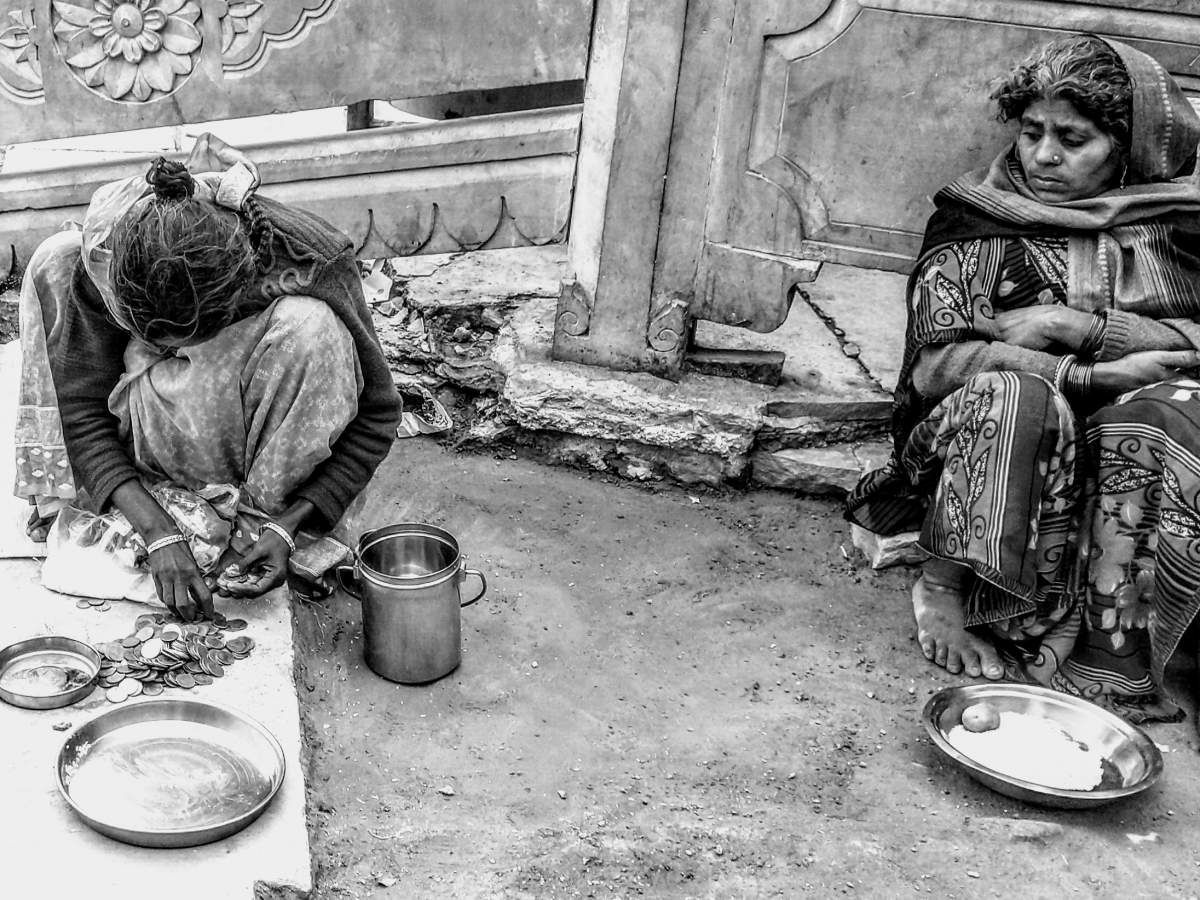
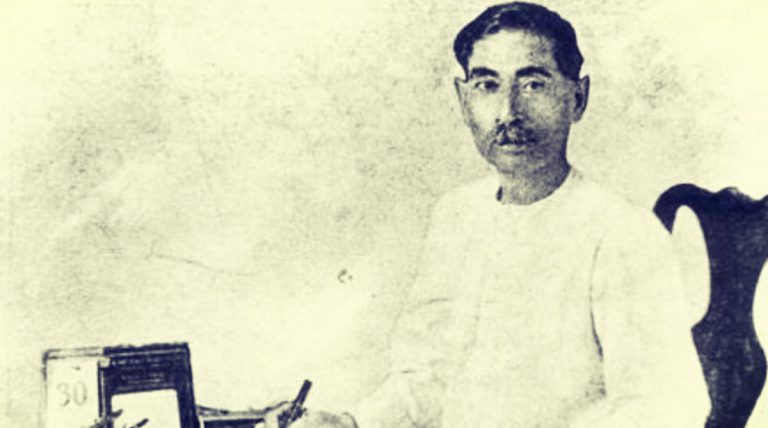
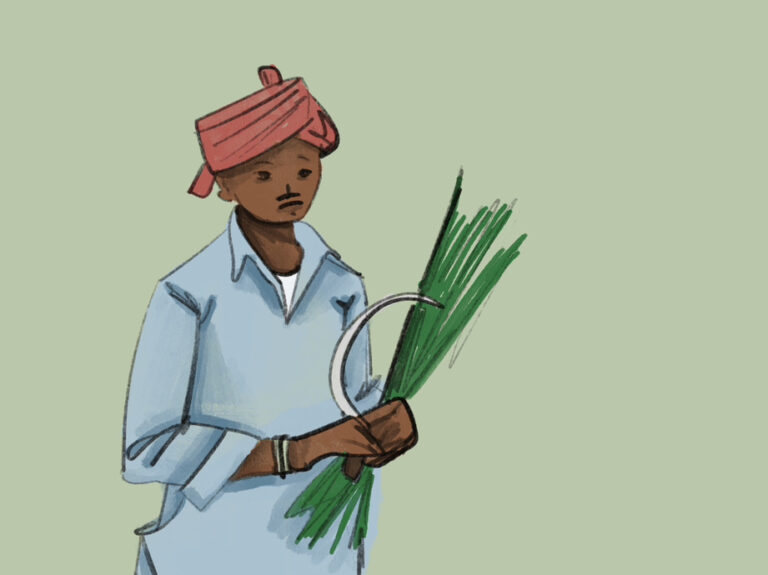

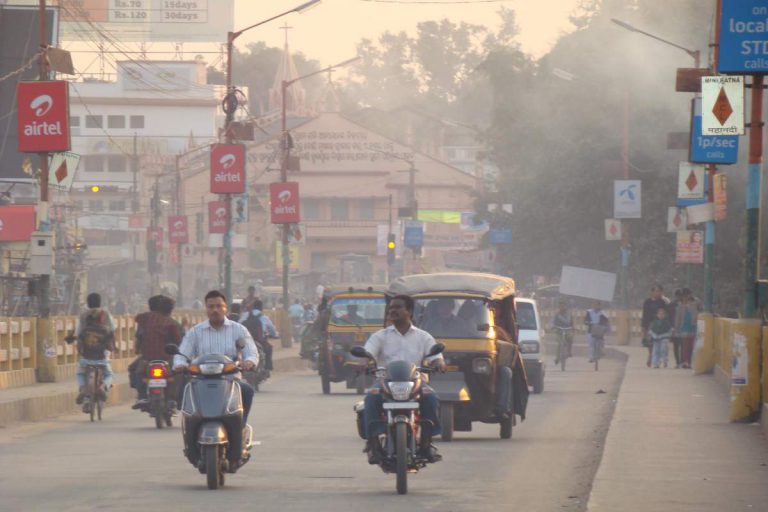

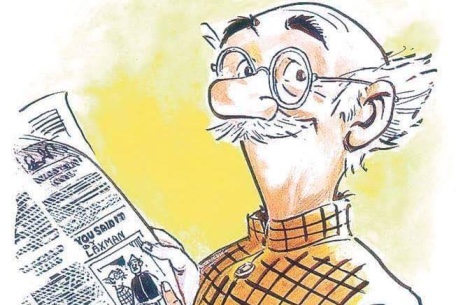
This is a wonderful article. Keep it up.
Superb actually koi bhi government poverty ko finish kerna hi Nahi chati Nahi tho inka voter bank kaise banega